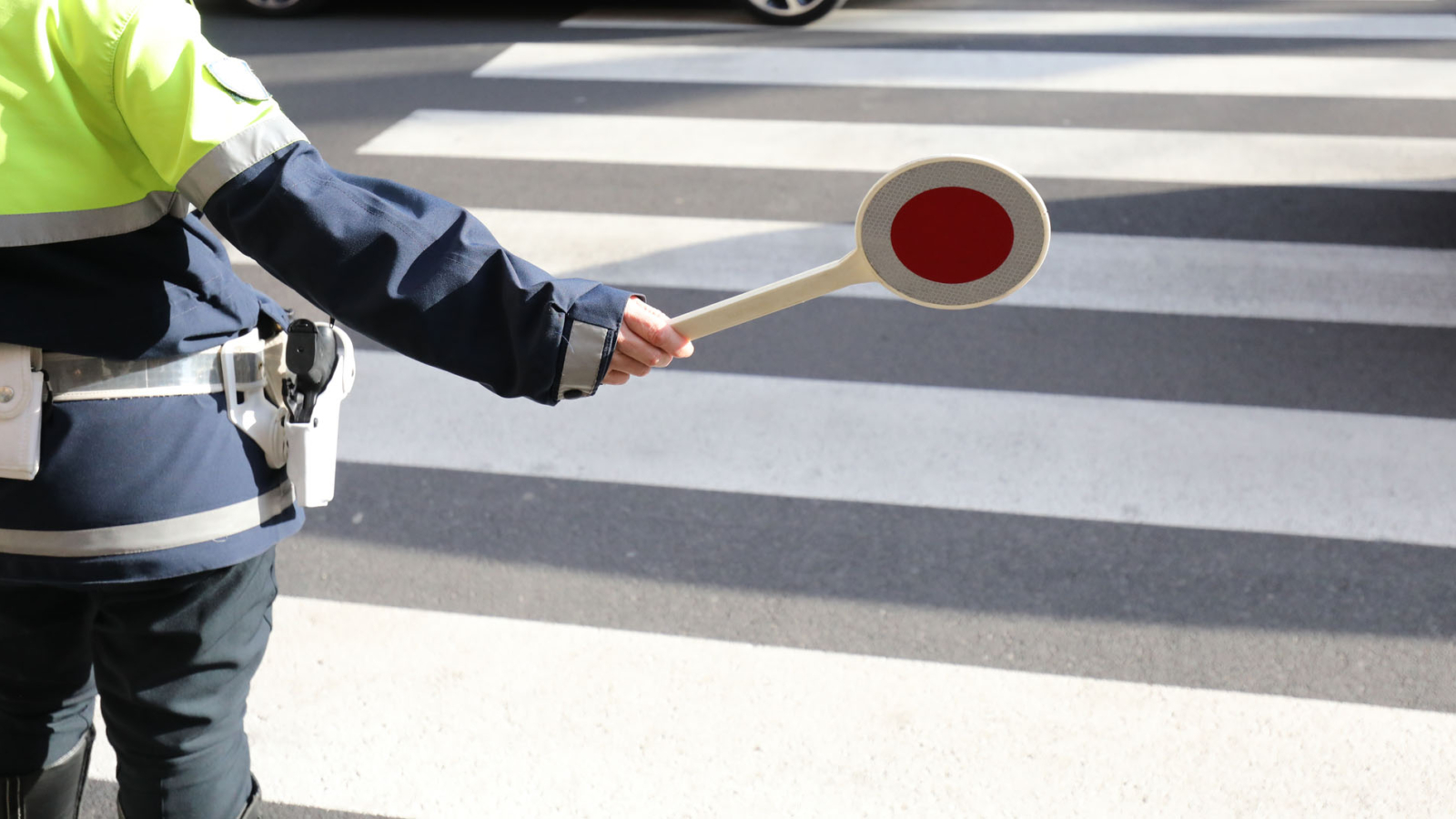It may be appropriate to plead ‘not guilty’ to a charge, depending on the type of offense and the circumstances of the case. Your case will be assessed and we will tell you if this approach is right for you. The decision to enter a not guilty plea depends on whether a suitable defence is available.
Occasionally, we can defend your case by pointing out that the police did not follow the proper procedure.
Whenever the Police are dealing with someone on the street or at the Police station, strict procedures must be followed. This includes properly administering breathalyzer tests and providing you with the correct information.
There may be times when you can plead to the Court that a ban would cause ‘exceptional hardship’ to you or someone else if you are facing disqualification either through a single offence or from the accumulation of penalty points. In some cases, a disqualification may be reduced to a lower penalty by the Court.
The term ‘exceptional hardship’ can only be applied when imposing a ban would result in severe repercussions for innocent parties in cases of extreme hardship. Examples include:
A defendant has a family member with a health problem or disability who relies on them for mobility
It would have a negative impact on employees who would be seriously impacted by the defendant losing his or her license. An example would be if they were business owners.
A driving ban may result in the defendant losing their license, which could have a serious impact on an innocent party or parties. (In itself, losing a job would not constitute exceptional hardship.)
The Courts recognize in most cases that imposing a driving ban will cause hardship. In order to prove ‘exceptional hardship’, you will have to demonstrate that the consequences would be so extreme as to go beyond the original penalty.

